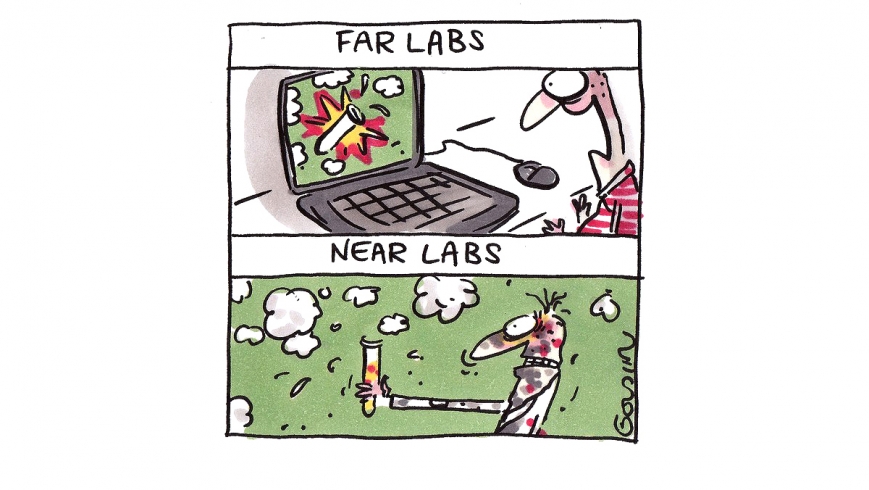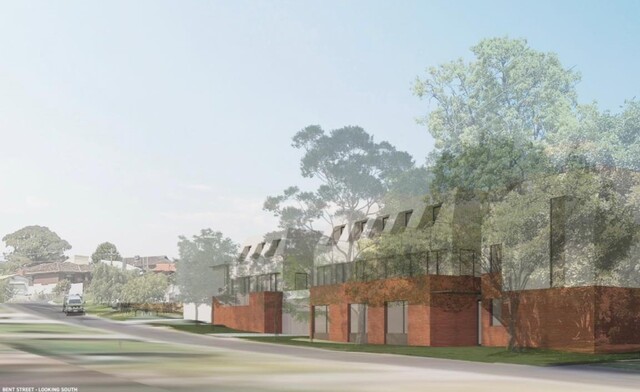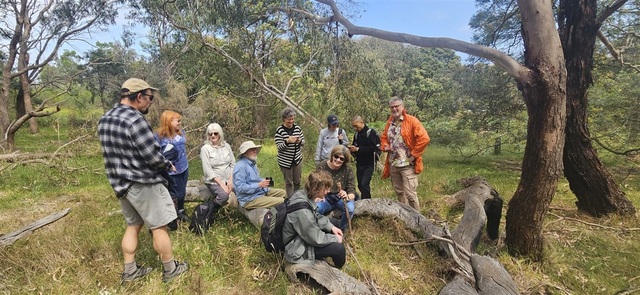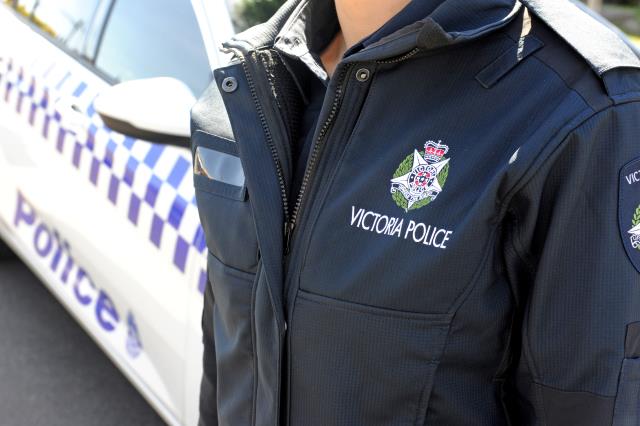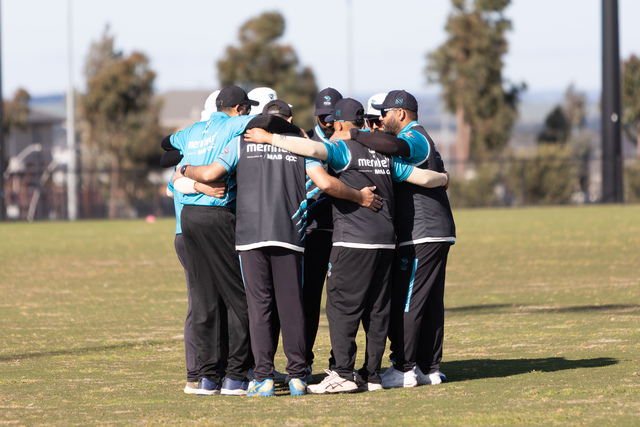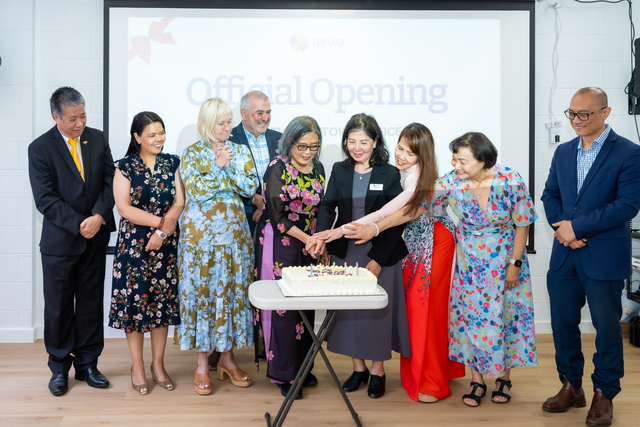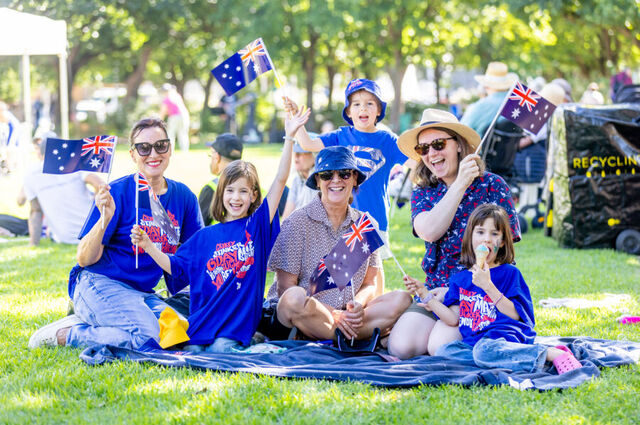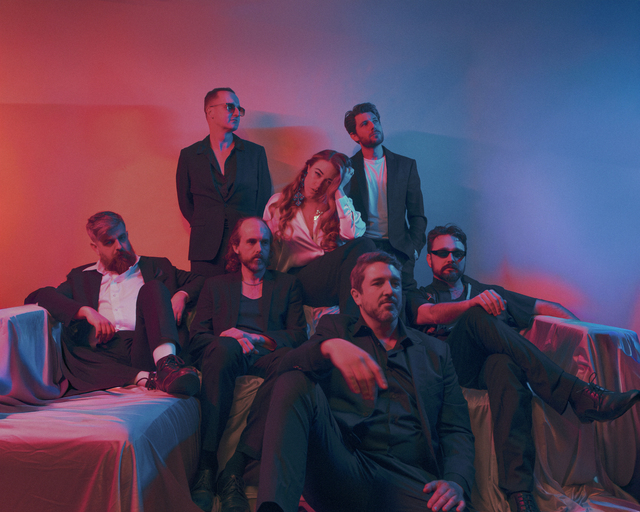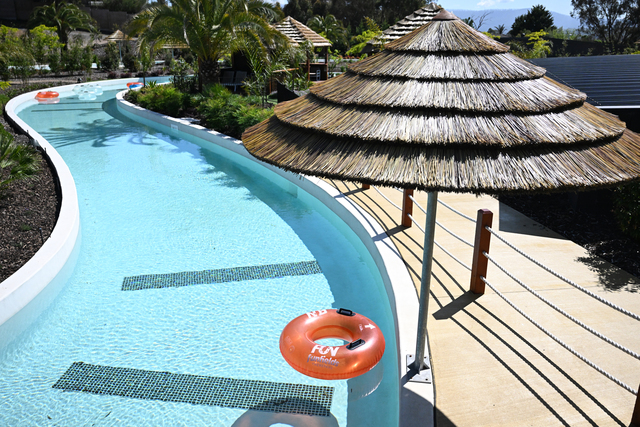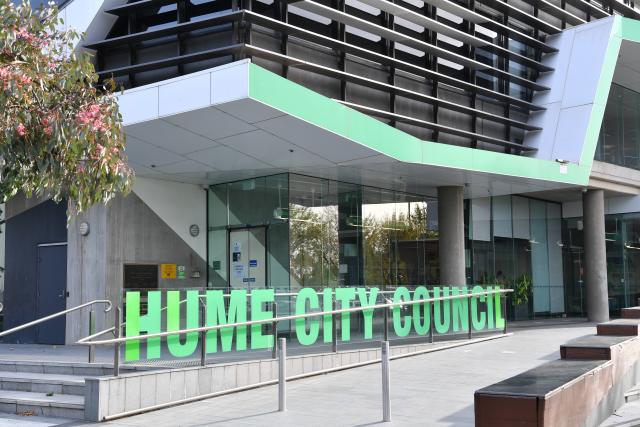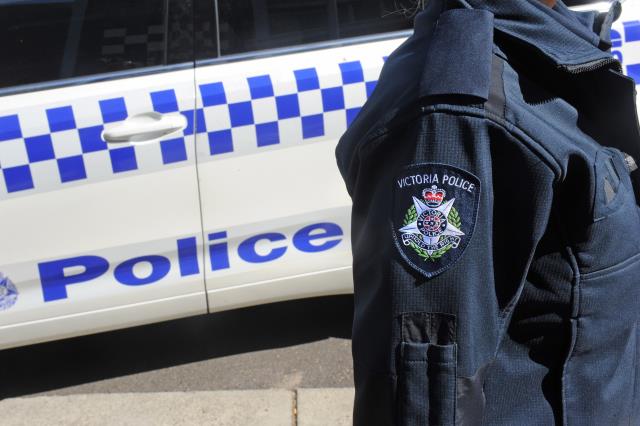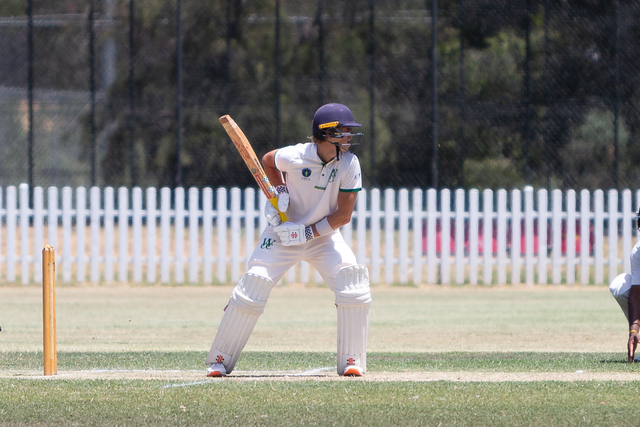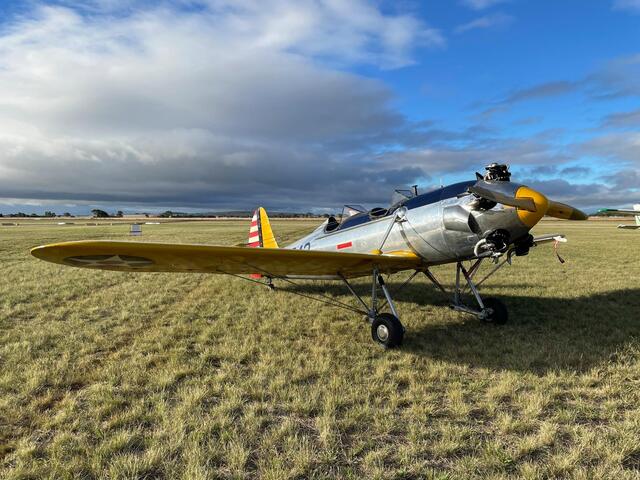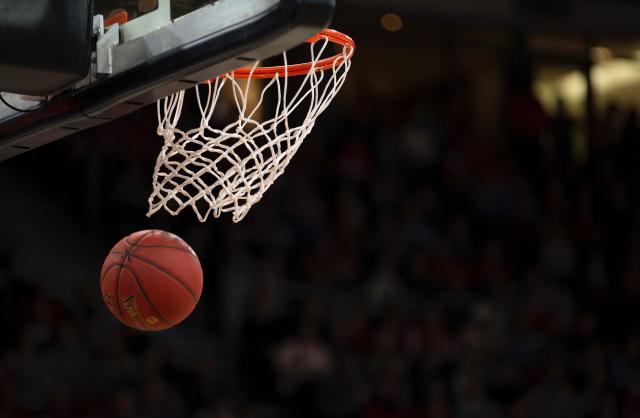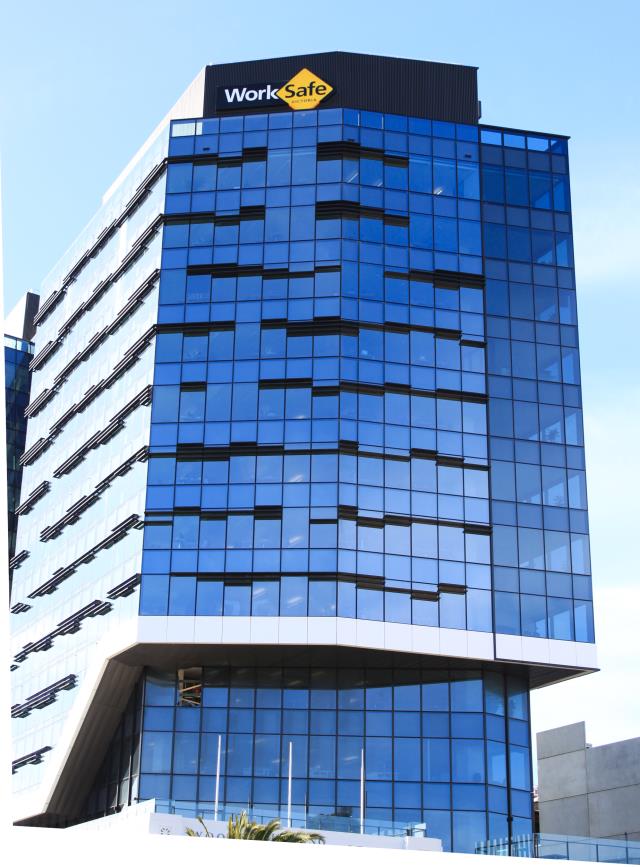A computer with internet connection is all students will need to access state-of-the-art equipment from La Trobe University’s physics department at Bundoora.
The university’s next-generation approach to science education – Freely-Accessible Remote Laboratories (FAR Labs) – will be offered to all Australian secondary schools following its official launch on November 27.
The program was designed to engage students in years 9 to 12 studying science, technology, engineering, and mathematics.
For some years, La Trobe University academics Drs Brian Abbey and David Hoxley and Professor Paul Pigram have been working on a different approach to teaching physics in secondary schools.
“Many schools lack specialist physics teachers, and the safety rules are very restrictive, among other things. I thought, we’ve got the experiments, so let’s connect them,” Dr Hoxley said. Schools can sign up to the program for free. Registration grants access to virtual hands-on laboratory experiences for their students, including access to the Australian Synchrotron.
“James Cook University in Townsville and Curtin University in Perth are leaders in long-distance education,” Dr Hoxley said of the program’s partner organisations, which also include Quantum Victoria.
Subjects on offer include the power of different types of radiation, structural analysis of materials, and environmental science issues. Teachers from 82 schools have registered, including Northside Christian College in Bundoora and Whittlesea Secondary College, and more than a dozen have used the site so far.

